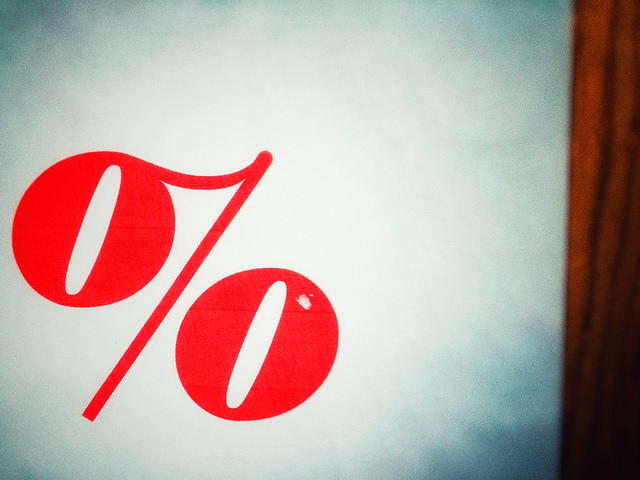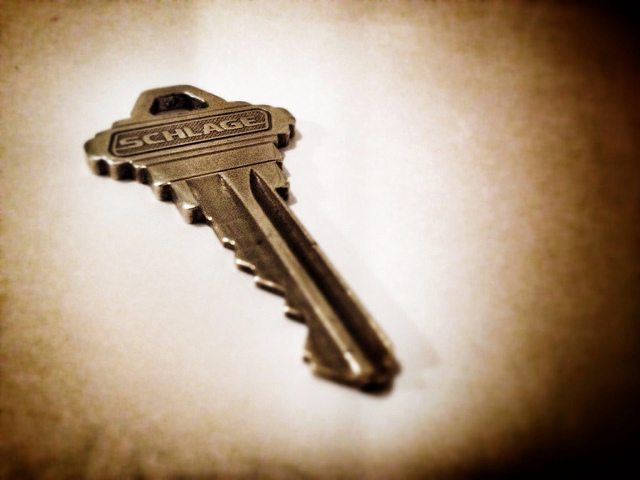According to the Mortgage Bankers Association’s Weekly Applications Survey, average mortgage rates fell last week across all loan categories, including 30-year fixed-rate loans with both conforming and jumbo balances, loans backed by the Federal Housing Administration, and 15-year fixed-rate loans. The decline brought rates to their lowest level since October 2016. Joel Kan, MBA’s associate vice president of economic and industry forecasting, said rates fell further due to concern about the coronavirus. “The 10-year Treasury yield fell around 20 basis points over the course of last week, driven mainly by growing concerns over a likely slowdown in Chinese economic growth from the spread of the coronavirus,” Kan said. “This drove mortgage rates lower, with the 30-year fixed-rate decreasing for the fifth time in six weeks … Refinance activity jumped as a result, with an increase in the number of applications and a spike in the average loan amount.” Purchase activity, on the other hand, fell week-over-week, though it remains 11 percent higher than last year. The MBA’s weekly survey has been conducted since 1990 and covers 75 percent of all retail residential mortgage applications.













